We are running cassandra version 2.0.9 in production. It's a 4 node cluster. For the past few days we are experiencing a high spike in CPU Utilisation. You may see in the picture below.
When we looked into the threads which are eating a lot of CPU we came across Native Transport request these are eating a lot of CPU (Like 12%) which is huge.
What can the problem be how should we go about debugging it?
Why are majority of NTR request stuck on BCrypt.java? Is this the problem?
The cluster was behaving normally a few days back but now out of 4 nodes 3 are always on high CPU Utilisation.




